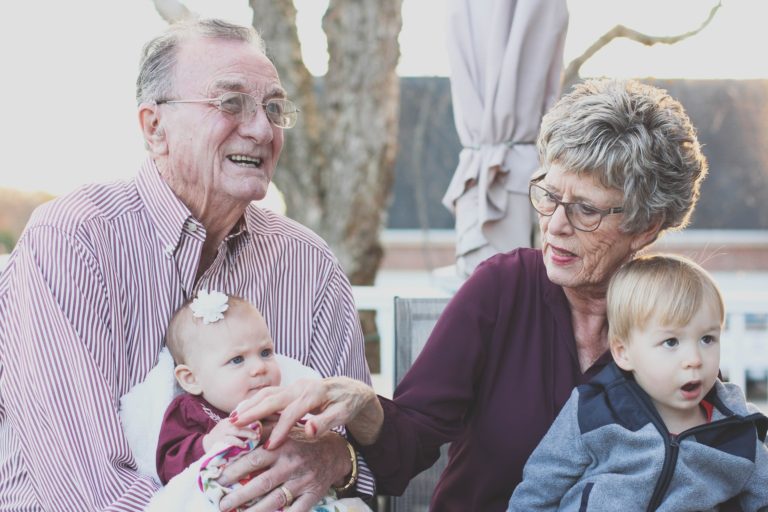
Does New COVID Relief Bill have an Impact on Seniors?
Money Talk News’ recent article entitled “6 Ways the New COVID-19 Relief Law Affects Retirees” provides a look at some of the changes retirees can expect from the new legislation.
- Stimulus payments for dependent adults. A first noticeable way in which the third round of stimulus payments is different from the first two is that dependents of all ages can qualify. Therefore, a household that supports a disabled senior will receive an additional $1,400 payment for that senior, if the household claims the person as a dependent on their federal income tax.
- Funding for ailing pension plans. The American Rescue Plan Act includes several terms concerning pension plans, one of which calls for the Treasury Department to transfer funds to the Pension Benefit Guaranty Corp. so that certain financially troubled multiemployer pensions can continue to pay out full benefits. That will help more than one million Americans. The PBGC operates insurance programs for single-employer and multiemployer pensions.
- Eligibility for the earned income credit for 2021. One of several changes the legislation made to the earned income tax credit — which is for working taxpayers with low to moderate incomes — is striking the maximum age of 64 for the 2021 tax year. As a result, seniors who work may be eligible to claim the earned income credit, when they file their taxes in 2022. The usual eligibility requirements for the credit require you to have at least one qualifying child or, if you don’t have a qualifying child, you must be between 25 and 65.
- Higher taxes for some gig workers. However, this COVID-19 relief law isn’t all good news for all taxpayers. Retirees (and anyone else) who earn some extra money with gig work might face more taxes in the future. This will help offset the cost of the American Rescue Plan Act, generating an estimated $8.4 billion in additional tax revenue for the federal government through fiscal year 2031. Companies with gig workers may report more payments than in the past, so the IRS will have a better idea of who is earning income from gig-economy jobs. This change may come as a surprise for some who’ve underreported income in the past.
- Tax relief for forgiven student loans. Under the Act, student loan debt that’s forgiven in 2021 through 2025 can be excluded from the debtor’s gross income. That will shield the canceled debt from federal taxation. Prior to this, such canceled debt generally was considered taxable income by the IRS. This will apply to student loan debtors of all ages. However, that group includes a growing number of retirees, as 20% of all student loan debt — around $290 billion — is owed by people age 50 and older, according to a 2019 AARP report. That’s five times more since 2004.
- New or expanded tax credits for health premiums. Retirees who aren’t yet 65 and as a result don’t have Medicare health insurance, might benefit from tax credits in the Act that help eligible individuals with two other types of health insurance. The law creates a refundable, advanceable tax credit for COBRA continuation coverage premiums. It is for people who are eligible for COBRA from when the Act was signed into law (March 11) and Sept. 30, 2021.
Reference: Money Talk News (March 16, 2021) “6 Ways the New COVID-19 Relief Law Affects Retirees”









